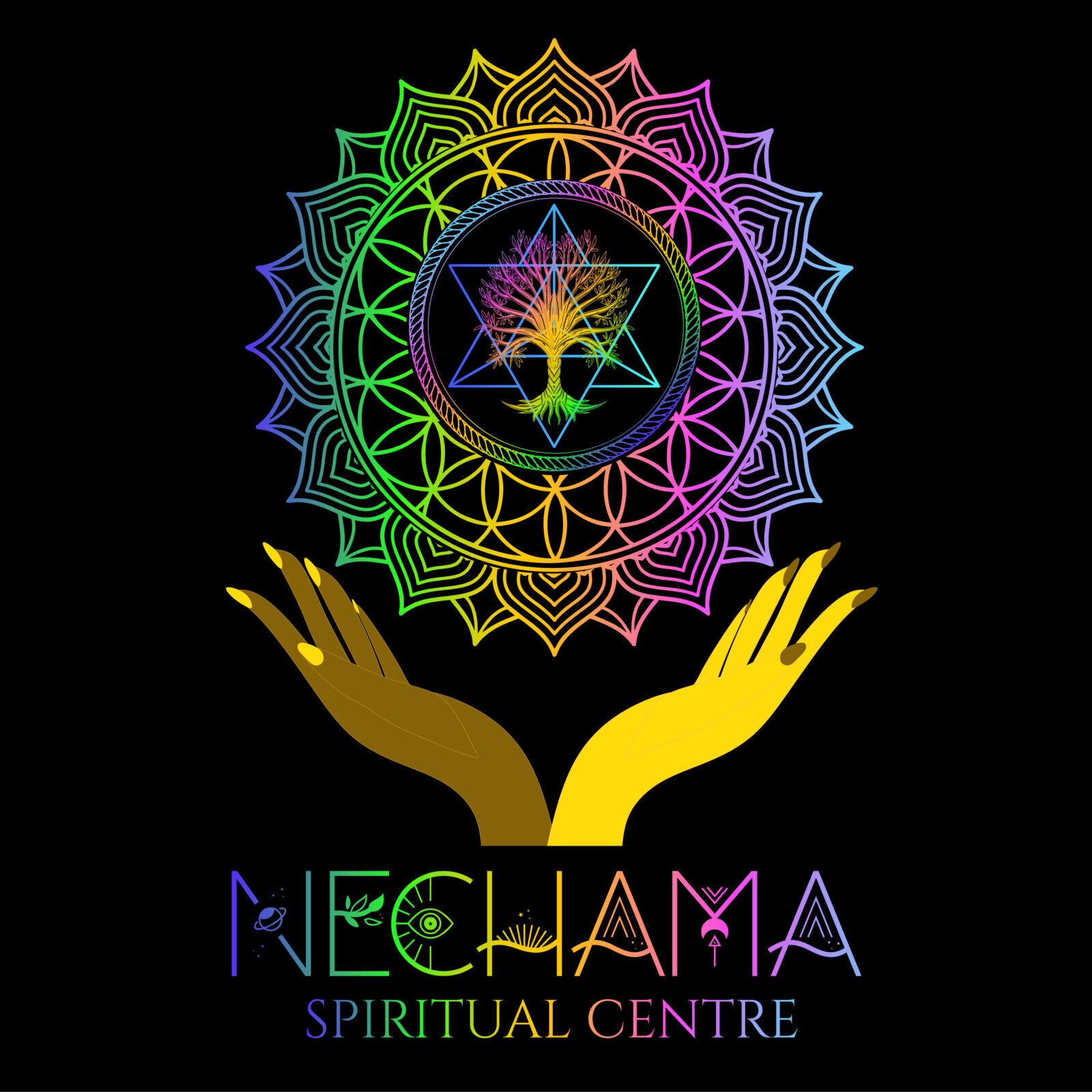The Journey of Self-Discovery: Love, Meaning, and the Inner Path
The Call to Know Thyself
In every culture, philosophy, and spiritual tradition, the call to self-discovery echoes as one of the highest pursuits of human existence. It is a journey that asks us to turn inward, to question, to grow, and ultimately to embrace ourselves with love. As Aristotle wisely said, “Knowing yourself is the beginning of all wisdom.” But what does it truly mean to know oneself? And how do we embark on this sacred quest?
Self-discovery is more than a philosophical endeavor—it is a lived experience, an exploration of the heart, mind, and soul. It is a process of shedding illusions, uncovering truths, and aligning with one’s deepest purpose. It is both a solitary road and a universal experience, where each step brings us closer to authenticity, fulfillment, and love.
The Search for Meaning and the Inner Compass
Humans have always sought meaning. From ancient wisdom to modern psychology, the question of purpose has driven some of the greatest inquiries of civilization. Viktor Frankl, a Holocaust survivor and renowned psychiatrist, wrote in Man’s Search for Meaning that those who find purpose can endure almost anything. Similarly, the Bhagavad Gita reminds us:
“Let a man lift himself by himself; let him not degrade himself; for the self alone is the friend of the self, and the self alone is the enemy of the self.”
Here, the Gita speaks to the power of self-responsibility. The path of self-discovery requires us to take charge of our lives, recognizing that our own minds can be either our greatest ally or our greatest hindrance. True meaning arises not from external validation but from a deep inner knowing—one that must be cultivated through self-reflection, courage, and trust.
Shedding the False Self and Embracing Authenticity
Many of us live with layers of conditioning, shaped by societal expectations, familial pressures, and past experiences. We wear masks to fit in, to be accepted, to avoid pain. But self-discovery invites us to strip away these layers and embrace who we truly are.
As Thoreau put it, “Not until we are lost do we begin to understand ourselves.” Sometimes, getting lost—whether through challenges, changes, or deep introspection—is necessary for true understanding. It is in these moments of uncertainty that we meet our raw, unfiltered selves. This is where transformation begins.
The Tao Te Ching offers profound insight:
“Knowing others is intelligence; knowing yourself is true wisdom. Mastering others is strength; mastering yourself is true power.”
True power lies not in controlling the external world but in mastering the internal one. When we confront our fears, accept our flaws, and honor our truth, we step into our fullest potential.
The Role of Love in Self-Discovery
No journey of self-discovery is complete without love—both for oneself and for others. Love is the force that softens our judgments, heals our wounds, and illuminates the path ahead. The Bible speaks of this profound truth:
“Neither shall they say, ‘Lo here!’ or, ‘Lo there!’ for, behold, the kingdom of God is within you.” (Luke 17:21)
This passage reminds us that the divine—whether seen as God, the universe, or our highest self—is not something we need to seek externally. It already resides within us, waiting to be recognized. When we approach ourselves with love and acceptance, we awaken to this divine presence.
Similarly, a Native American Lakota saying reflects this wisdom:
“The longest road you will ever have to walk is the sacred journey from your head to your heart.”
It is love that bridges this gap. When we silence the critical mind and listen to the heart’s wisdom, we move from fear to trust, from doubt to faith. Love is not only the destination but also the means through which we arrive at our most authentic selves.
Practical Steps for the Journey
While self-discovery is a deeply personal path, there are practical ways to cultivate it:
- Reflection & Journaling – Writing down thoughts, experiences, and realizations helps clarify our inner world.
- Meditation & Stillness – Quieting the mind allows the soul’s voice to be heard.
- Challenging Limiting Beliefs – Questioning the narratives we have inherited can free us from mental chains.
- Authentic Living – Aligning actions with inner truths brings harmony and peace.
- Seeking Wisdom – Reading sacred texts, philosophical works, and introspective literature can provide valuable guidance.
Conclusion: Becoming the Light You Seek
The journey of self-discovery is not a destination but an ongoing unfolding. As the Quran states:
“We will show them Our signs in the horizons and within themselves until it becomes clear to them that it is the truth.” (Surah Fussilat 41:53)
We are given signs—through experiences, relationships, and inner stirrings—that point us back to ourselves. When we choose to listen, to grow, and to embrace who we truly are, we become the light we seek.
And as Rumi so beautifully expressed:
“You were born with wings. Why prefer to crawl through life?”
Dare to fly. Dare to know yourself. Dare to love. The journey awaits.

